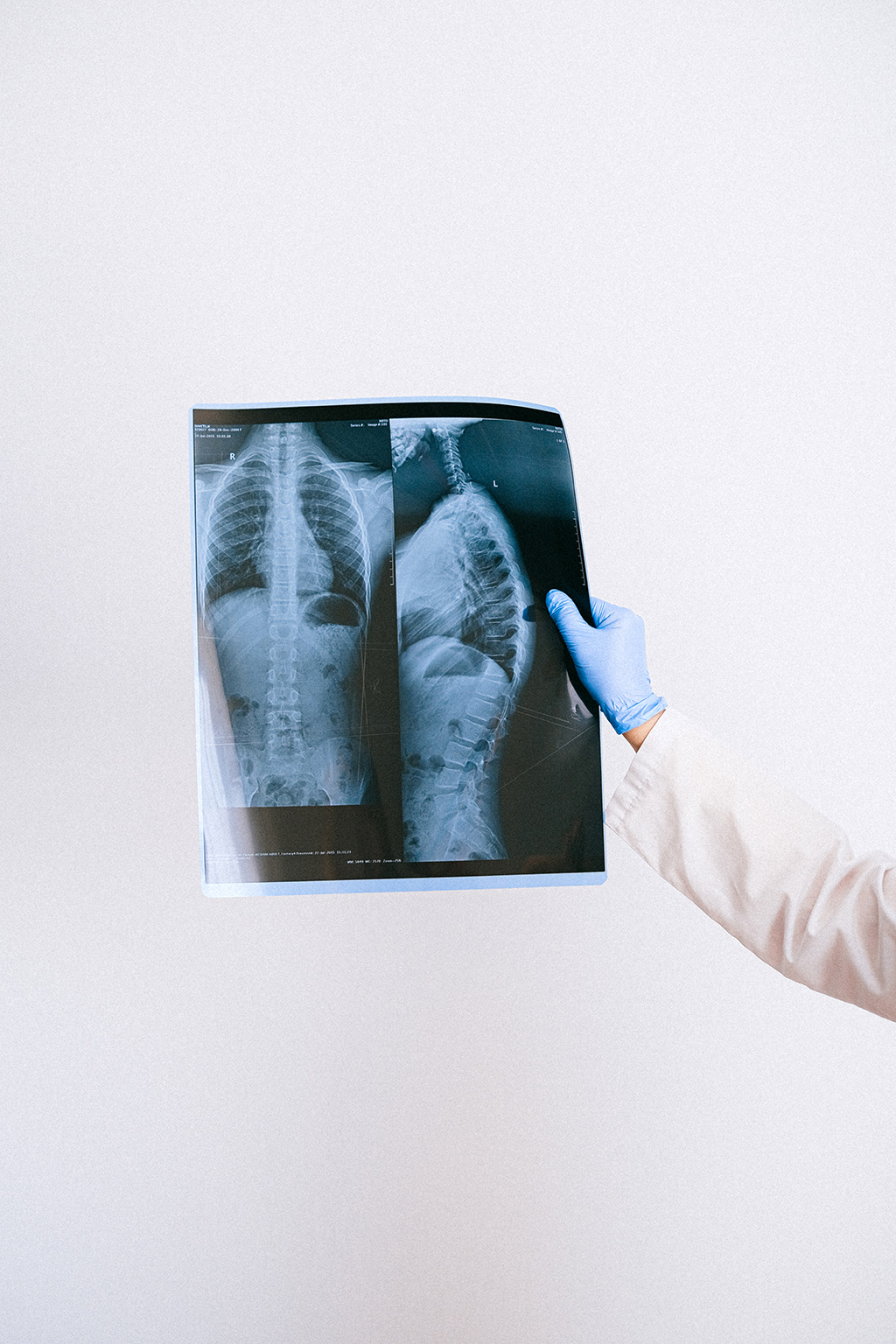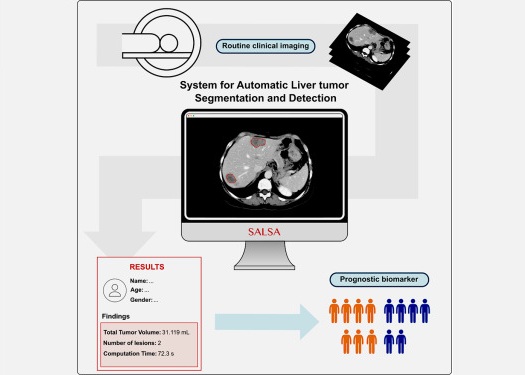AI System Quickly and Automatically Evaluates Chest X-Rays for TB
|
By MedImaging International staff writers Posted on 07 Sep 2022 |

Tuberculosis (TB) is an infectious disease of the lungs that kills more than a million people worldwide every year. The COVID-19 pandemic has exacerbated the problem, with recent reports indicating that 21% fewer people received care for TB in 2020 than in 2019. Almost 90% of the active TB infections occur in about 30 countries, many with scarce resources needed to address this public health problem. Cost-effective TB screening using chest X-rays and artificial intelligence (AI) has the potential to improve access to healthcare, particularly in difficult-to-reach populations. Now, an AI system that detects TB in chest X-rays at a level comparable to radiologists may be able to aid screening in areas with limited radiologist resources.
Scientists at Google Health AI (Mountain View, CA, USA) have developed and assessed an AI system that can quickly and automatically evaluate chest X-rays for TB. The system uses deep learning, a type of AI that can be applied to teach the computer to recognize and predict medical conditions. The researchers developed the system using data from nine countries. They then tested it on data from five countries, covering multiple high-TB-burden countries, various clinical settings and a wide range of races and ethnicities. Over 165,000 images from more than 22,000 patients were used for model development and testing.
Analysis with 14 international radiologists showed that the deep-learning method was comparable to radiologists for the determination of active TB on chest X-rays. Trends were similar across different patient subgroups, including a test set from gold miners in South Africa, a group with a high prevalence of TB, compared to the general public. If additional research supports the results, the deep-learning system could be used to automatically screen chest X-ray results for TB. People who test positive would then receive a sputum test or nucleic acid amplification testing (NAAT). These tests are relatively expensive, but if AI could filter the patients who need the test, the benefits would be extensive. Simulations using the deep-learning system to identify likely TB positive chest X-rays for NAAT confirmation reduced the cost by 40% to 80% per positive TB patient detected.
“We wanted to see if this system predicts TB on par with radiologists, and that’s what the study is showing,” said study co-author Rory Pilgrim, B.Eng., a product manager at Google Health AI. “AI performed really well with a variety of patients.”
“What’s especially promising in this study is that we looked at a range of different datasets that reflected the breadth of TB presentation, different equipment and different clinical workflows,” said first author Sahar Kazemzadeh, B.S., software engineer at Google Health. “We found that this deep-learning system performs really well with all of them with a single operating point that was pre-selected based on a development dataset, something that other medical imaging AI systems have found challenging.”
Related Links:
Google Health AI
Latest Radiography News
- AI Improves Early Detection of Interval Breast Cancers
- World's Largest Class Single Crystal Diamond Radiation Detector Opens New Possibilities for Diagnostic Imaging
- AI-Powered Imaging Technique Shows Promise in Evaluating Patients for PCI
- Higher Chest X-Ray Usage Catches Lung Cancer Earlier and Improves Survival
- AI-Powered Mammograms Predict Cardiovascular Risk
- Generative AI Model Significantly Reduces Chest X-Ray Reading Time
- AI-Powered Mammography Screening Boosts Cancer Detection in Single-Reader Settings
- Photon Counting Detectors Promise Fast Color X-Ray Images
- AI Can Flag Mammograms for Supplemental MRI
- 3D CT Imaging from Single X-Ray Projection Reduces Radiation Exposure
- AI Method Accurately Predicts Breast Cancer Risk by Analyzing Multiple Mammograms
- Printable Organic X-Ray Sensors Could Transform Treatment for Cancer Patients
- Highly Sensitive, Foldable Detector to Make X-Rays Safer
- Novel Breast Cancer Screening Technology Could Offer Superior Alternative to Mammogram
- Artificial Intelligence Accurately Predicts Breast Cancer Years Before Diagnosis
- AI-Powered Chest X-Ray Detects Pulmonary Nodules Three Years Before Lung Cancer Symptoms
Channels
MRI
view channel
New MRI Technique Reveals True Heart Age to Prevent Attacks and Strokes
Heart disease remains one of the leading causes of death worldwide. Individuals with conditions such as diabetes or obesity often experience accelerated aging of their hearts, sometimes by decades.... Read more
AI Tool Predicts Relapse of Pediatric Brain Cancer from Brain MRI Scans
Many pediatric gliomas are treatable with surgery alone, but relapses can be catastrophic. Predicting which patients are at risk for recurrence remains challenging, leading to frequent follow-ups with... Read more
AI Tool Tracks Effectiveness of Multiple Sclerosis Treatments Using Brain MRI Scans
Multiple sclerosis (MS) is a condition in which the immune system attacks the brain and spinal cord, leading to impairments in movement, sensation, and cognition. Magnetic Resonance Imaging (MRI) markers... Read more
Ultra-Powerful MRI Scans Enable Life-Changing Surgery in Treatment-Resistant Epileptic Patients
Approximately 360,000 individuals in the UK suffer from focal epilepsy, a condition in which seizures spread from one part of the brain. Around a third of these patients experience persistent seizures... Read moreUltrasound
view channel.jpeg)
AI-Powered Lung Ultrasound Outperforms Human Experts in Tuberculosis Diagnosis
Despite global declines in tuberculosis (TB) rates in previous years, the incidence of TB rose by 4.6% from 2020 to 2023. Early screening and rapid diagnosis are essential elements of the World Health... Read more
AI Identifies Heart Valve Disease from Common Imaging Test
Tricuspid regurgitation is a condition where the heart's tricuspid valve does not close completely during contraction, leading to backward blood flow, which can result in heart failure. A new artificial... Read moreNuclear Medicine
view channel
Novel Radiolabeled Antibody Improves Diagnosis and Treatment of Solid Tumors
Interleukin-13 receptor α-2 (IL13Rα2) is a cell surface receptor commonly found in solid tumors such as glioblastoma, melanoma, and breast cancer. It is minimally expressed in normal tissues, making it... Read more
Novel PET Imaging Approach Offers Never-Before-Seen View of Neuroinflammation
COX-2, an enzyme that plays a key role in brain inflammation, can be significantly upregulated by inflammatory stimuli and neuroexcitation. Researchers suggest that COX-2 density in the brain could serve... Read moreGeneral/Advanced Imaging
view channel
CT-Based Deep Learning-Driven Tool to Enhance Liver Cancer Diagnosis
Medical imaging, such as computed tomography (CT) scans, plays a crucial role in oncology, offering essential data for cancer detection, treatment planning, and monitoring of response to therapies.... Read more
AI-Powered Imaging System Improves Lung Cancer Diagnosis
Given the need to detect lung cancer at earlier stages, there is an increasing need for a definitive diagnostic pathway for patients with suspicious pulmonary nodules. However, obtaining tissue samples... Read moreImaging IT
view channel
New Google Cloud Medical Imaging Suite Makes Imaging Healthcare Data More Accessible
Medical imaging is a critical tool used to diagnose patients, and there are billions of medical images scanned globally each year. Imaging data accounts for about 90% of all healthcare data1 and, until... Read more
Global AI in Medical Diagnostics Market to Be Driven by Demand for Image Recognition in Radiology
The global artificial intelligence (AI) in medical diagnostics market is expanding with early disease detection being one of its key applications and image recognition becoming a compelling consumer proposition... Read moreIndustry News
view channel
GE HealthCare and NVIDIA Collaboration to Reimagine Diagnostic Imaging
GE HealthCare (Chicago, IL, USA) has entered into a collaboration with NVIDIA (Santa Clara, CA, USA), expanding the existing relationship between the two companies to focus on pioneering innovation in... Read more
Patient-Specific 3D-Printed Phantoms Transform CT Imaging
New research has highlighted how anatomically precise, patient-specific 3D-printed phantoms are proving to be scalable, cost-effective, and efficient tools in the development of new CT scan algorithms... Read more
Siemens and Sectra Collaborate on Enhancing Radiology Workflows
Siemens Healthineers (Forchheim, Germany) and Sectra (Linköping, Sweden) have entered into a collaboration aimed at enhancing radiologists' diagnostic capabilities and, in turn, improving patient care... Read more




 Guided Devices.jpg)














